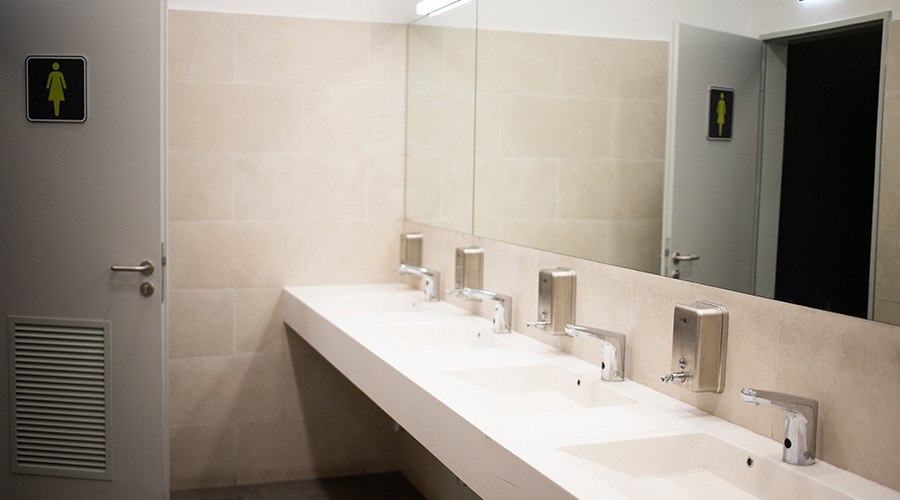Clostridium difficile infection is a significant issue in healthcare facilities, and proper hand hygiene is recommended to help prevent C. diff transmission. It is known that alcohol based-handrubs are ineffective at killing C. diff spores and recent studies demonstrate that the efficacy of handwashing is limited, according to an article on the Infection Control Today website.
A recent study sought to evaluate several aggressive chemistries including chlorinated lime for reduction of C. difficile spores.
In the study, spores of non-toxigenic C. diff were distributed onto the palms of subject’s hands. A series of hand hygiene procedures were evaluated including a 30-second non-antimicrobial handwash and a five-minute hand disinfection procedure with a scrub brush using 4 percent chlorinated lime, 2000 ppm peracetic acid, or 1,000 ppm acidified bleach.
Chlorinated lime and peracetic acid were statistically superior to acidified bleach and the non-antimicrobial handwash, according to the article.
Read the article.

 What Lies Ahead for Healthcare Facilities Managers
What Lies Ahead for Healthcare Facilities Managers What's in the Future for Healthcare Restrooms?
What's in the Future for Healthcare Restrooms? Hammes Completes the Moffit Speros Outpatient Center
Hammes Completes the Moffit Speros Outpatient Center The Top Three Pathogens to Worry About in 2026
The Top Three Pathogens to Worry About in 2026 Blackbird Health Opens New Pediatric Mental Health Clinic in Virginia
Blackbird Health Opens New Pediatric Mental Health Clinic in Virginia